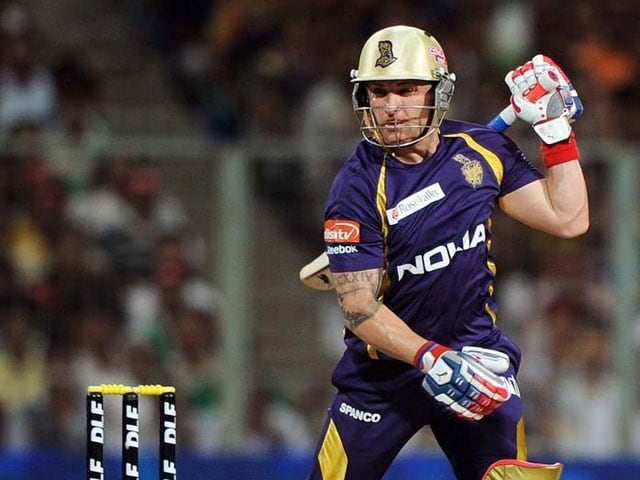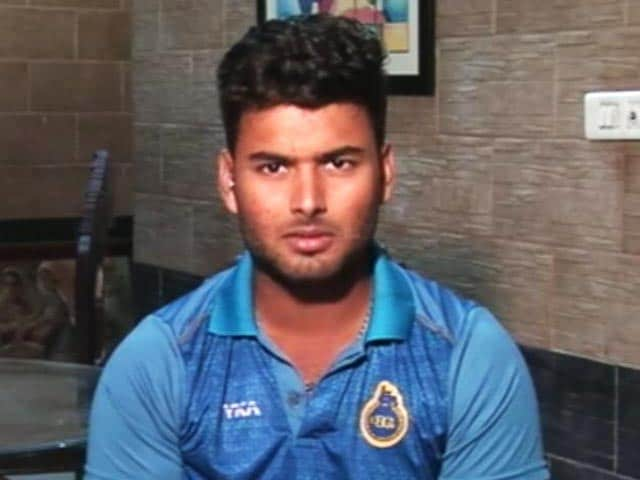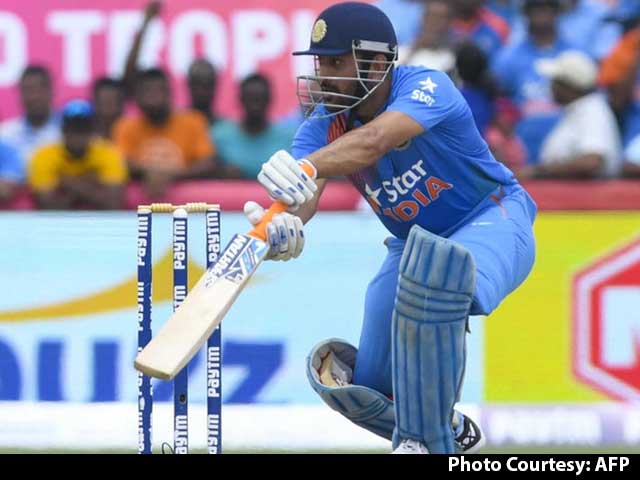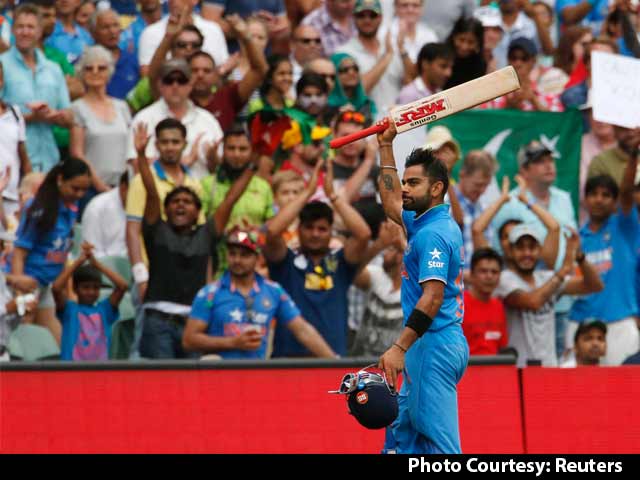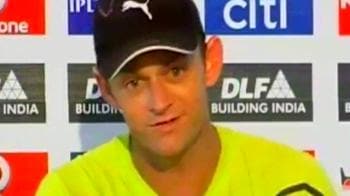- Languages
- हिंदी | Hindi
Personal Information
| Full Name | Adam Craig Gilchrist |
| Born | November 14, 1971 Bellingen,New South Wales |
| Age | 54 Years, 3 Months, 19 Days |
| National Side | Australia |
| Batting Style | Left Handed |
| Bowling | Off break |
| Sport | Cricket |

Ranking
| Test | ODI | T20 | |
|---|---|---|---|
| Batting | - | - | - |
| Bowling | - | - | - |

Man of the Match
| Test | ODI | T20 | World Cup | CL |
|---|---|---|---|---|
| 7 | 28 | 0 | 1 | 0 |

Career Information
| Teams Played | Australia, ICC World XI, Australia A, Rest of the World, Young Australia, Kings XI Punjab, Deccan Chargers, Middlesex, Western Australia, New South Wales, Australia Under-19, Australian XI, Sunrisers Hyderabad, Gilchrist XI |
| Career Span |
Adam Craig Gilchrist Overall Stats
 Batting & Fielding Performance
Batting & Fielding Performance

|
|
M | I | N/O | R | HS | 100s | 50s | 4s | 6s | AVG | S/R | CT | ST | Ducks | R/O |
|---|---|---|---|---|---|---|---|---|---|---|---|---|---|---|---|
|
Test
|
96 | 137 | 20 | 5570 | 204* v SA | 17 | 26 | 677 | 100 | 47.60 | 81.96 | 379 | 37 | ||
|
ODI
|
287 | 279 | 11 | 9619 | 172 v ZIM | 16 | 55 | 1162 | 149 | 35.89 | 96.94 | 417 | 55 | ||
|
World Cup
|
31 | 31 | 1 | 1085 | 149 v SL | 1 | 8 | 141 | 19 | 36.16 | 98.01 | 45 | 7 | ||
|
T20I
|
13 | 13 | 1 | 272 | 48 v ENG | 0 | 0 | 27 | 13 | 22.66 | 141.66 | 17 | 0 | ||
|
IPL
|
80 | 80 | 4 | 2069 | 109* v MI | 2 | 11 | 239 | 92 | 27.22 | 138.39 | 51 | 16 | ||
|
CL
|
2 | 2 | 0 | 69 | 51 v TT | 0 | 1 | 8 | 3 | 34.50 | 156.81 | 2 | 1 |
 Bowling Performance
Bowling Performance

|
|
I | O | M | R | W | Best | 3s | 5s | AVG | E/R | S/R | Mtc |
|---|---|---|---|---|---|---|---|---|---|---|---|---|
|
IPL
|
1 | 0.1 | 0 | 0 | 1 | 1/0 v MI | 0 | 0 | 0.00 | 0.00 | 1.00 |
Adam Craig Gilchrist Profile
If there was a poll to decide the most likable cricketing great, then Adam Gilchrist would certainly be one of the leaders in it. A quintessential batsman to have at the top of the order in ODIs and someone who brought glamour to the wicket-keeper batsman role, Gilly changed the complexion of Tests at number seven.
Gilchrist made his international debut in ODIs as a wicket-keeper against South Africa in 1996. He started his career in a similar manner to Tendulkar, coming lower down the order. He made some useful contributions there, however in the day and age of pinch-hitters – or batsmen who could take advantage of the fielding restrictions – he was sent to open the innings. It all changed for him since then as he went on to score his maiden century in his very second such match against South Africa in Sydney.
His aggressive batting and consistency benefited his team a lot which paved the way for his Test debut. His Test career was off in a great fashion, scoring 81 on debut and his first ton - an unbeaten 149 in his second Test. It was an innings of substance as it came in the fourth innings of a Test against Pakistan, chasing down a stiff target of 369 and that too after being 126/5 at one stage. Over the next few years, Gilchrist maintained this style of play, i.e. attacking from the hilt, and walking when he knew he was out irrespective of the umpire’s decision.
His first and only double century came against South Africa in Johannesburg in 2002. It proved to be the Man of the Match performance as Australia handed an innings defeat to the Proteas. Two years later, while touring India, he replaced injured Ricky Ponting as the skipper for the first three games and won 2 of them, leading his side for the first Test series victory in India since 1969/70.
His strike rate of 82 in Tests and 97 in ODIs combined with the averages of 47 and 36 respectively, coupled with the fact that he was the frontline wicket-keeper of the team, keeping dexterously to Shane Warne and Glenn McGrath alike, made him one of the greats of the game. This was a major reason for Australia's dominance at that time. He also played a huge role in their three successive World Cup campaigns. In the 1999 World Cup, though he wasn't in great touch, his 54 in the finals proved to be a tournament winning one. In contrary, he had much better performances in the 2003 and 2007 World Cups. In the former, he piled up 408 runs, including a 48-ball 57 against India in the finals. And in 2007, he scored a magnificent 149 against Sri Lanka in the finals to secure hat-trick of World Cups for Australia.
During the 2007-08 Test series against India, Gilchrist dropped a few sitters behind the wickets and realized that he had lost the competitive edge. He didn't take long to announce his retirement after that. However, he was active in the domestic scene and participated in the Indian T20 League, becoming a part of the Hyderabad squad in the inaugural edition in 2008. In fact, it was under his wise captaincy that they won their first-ever trophy in 2009. Later, Gilchrist was signed by the Punjab franchisee and named the captain as well. In 2012, he was given the added responsibility of coaching them as well.









